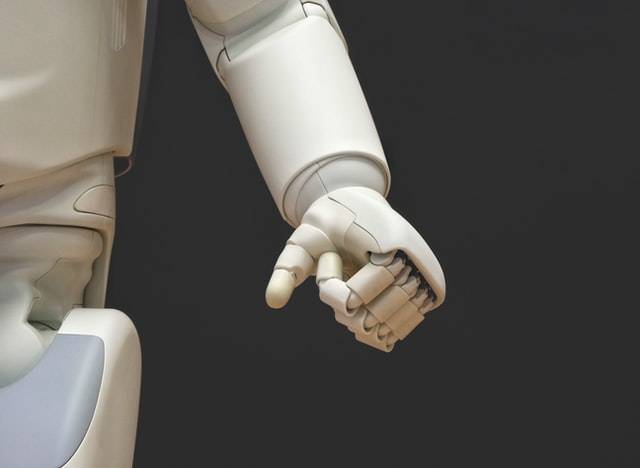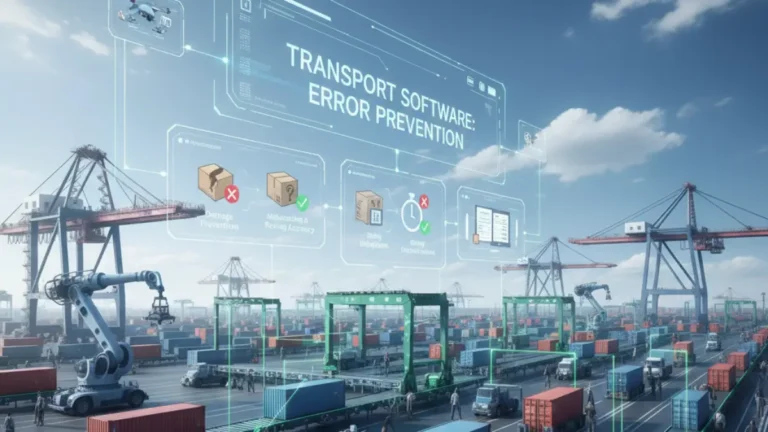Healthcare sector plays an important role in the lives of individuals and it is one of the largest sectors of the economy when we talk about the service, product delivery, revenue generation and even the employment ratio is much higher when compared to other sectors of the economy.
It includes multiple compartments which have diversified services. Taking into consideration the nature of such services becomes an important part to keep the operations inclined, efficient and even streamlined.
With multiple tasks which are to be performed in different departments of the hospital, healthcare providers need to perform several procedures such as billing, claim management, patient admission and even it helps in assigning the medical professionals in procuring the medical data and providing the prescriptions of various medicines.
Such tasks are either managed by the administrative staff either manually or in a ready-made software.
These ready-made software systems do not serve the purposes because they make the tasks more tedious and time-consuming. Keeping track of such procedures along with all the core tasks becomes much difficult.
RPA solutions for the healthcare industry can perform repetitive tasks, manual workloads through software robots and even assist in the medical facilities to streamline the processes, save labour costs, gain better efficiency along with security and accuracy.
Enhancing the quality of care for all the patients. RPA can be integrated to automate the tedious tasks and to enhance the quality of the care of all the patients.
RPA can help in automating the tedious tasks and can even enable the healthcare providers to focus on their core tasks rather than focusing on the administrative work.
Also read: Top 10 AI-driven Tools That Help Human Resource Manager In Recruitment
Automation in every industry is the need of an hour and healthcare is not an exception to it and when we look at the ongoing pandemic we must integrate automation at its best part and RPA can be the perfect automation partner in the healthcare sector.
The ways in which RPA can streamline the critical processes in healthcare are as follows:
1. Management of Electronic Medical Records with RPA
EMR can be attainable by different departments, facilities and even partners. Hence it is going to get imperative when it comes to its update.
RPA can smoothen up the work process and keep the records updated and synced for more accuracy between the providers, labs, pharmacies and even more.
RPA assists in keeping the interaction inclined with all the different systems which are put into use along with RPA and even it also manages the high-volume processes without making a burden or dent on the workforce.
The healthcare providers can also include various apps along with the health information system and then can abolish the need for the manual input of the information.
2. Maintain HIPAA compliance with automation
Healthcare organizations need to make sure that the security of all the electronic records and keep the records safe and up with HIPAA compliance.
This might appear much difficult to make an achievement when you keep using multiple apps in our routine procedures.
But when it comes to RPA, the medical data can get protected along with the privacy of patient’s data and even the maintenance of HIPAA compliance and other regulations might be met in complete order.
With the role-based access, RPA can ensure that all the private information can be accessed by the right people.
It assists the medical organization or the healthcare sector at large to grant access to the medical and administrative staff as per their positions and roles in the organization.
Knowing the positions and roles of such medical staff makes it more convenient for RPA to shortlist the people who will always need an access to the database.
For instance, in 2009 a study performed by the Texas hospital found that greater automation in the specific areas such as medical records, order entry and even the decision support can appear to reduce deaths along with the compilations and costs.
3. Organize claims processing
Finance and administrative departments of all the hospitals might face massive challenges in processing and managing all the claims.
However, the financial stability of the overall hospitals relies on the systematic claim processing. All the medical facilities need the multiple business apps to govern the process as they receive high claims which are much larger in volume.
RPA can help in organizing the burdensome processes of all the manual claims and their processings.
It helps in automating the daily transfer of all the individual claims to all the file transfer protocol (FTP) servers.
As soon as the files get on FTP server, RPA tasks get initiated which sorts and groups all the inpatient and outpatient files in a separate manner and transfers it to the claim management system from the health information system.
4. Automation for managing staffing levels
Care providers are the main backbone or the support for the whole system in a hospital and the service providers might be needed anytime around the clock.
Therefore, it becomes quite more important when it comes to managing the staff at all the levels of authority and accountability in a proper manner. It is one of the most challenging tasks to ensure the staff gets present in each shift and the schedule gets balanced in such a manner that it does not get overburdened.
To accomplish such tasks, one needs to go through the multiple apps which is tedious, time-consuming and even it is more vulnerable to errors.
RPA can easily help in automating thousands of data transfers along with the apps and can organize the schedule in an efficient manner.
The Last Lines
Robotic Process Automation in healthcare: Robotic Process Automation helps in processing and providing the data which can be easily used to optimize and for improving the process performance.
Integrating robotic process automation in healthcare industry is making a huge revolution in the sector, with an improvisation and proving a restructure to the organized level.
RPA can be deployed to provide an accurate solution to all the tasks which are highly important in the healthcare industry.
RPA bots can automate rule-based jobs to handle large volumes of data. RPA can store, handle data, processes the transactions, transmits the information with all the other digital systems and can respond in a quick manner.
It also assists the healthcare organizations to get accurate results by minimizing the errors.
Also read: 7 Major Benefits Of Choosing Online Learning




